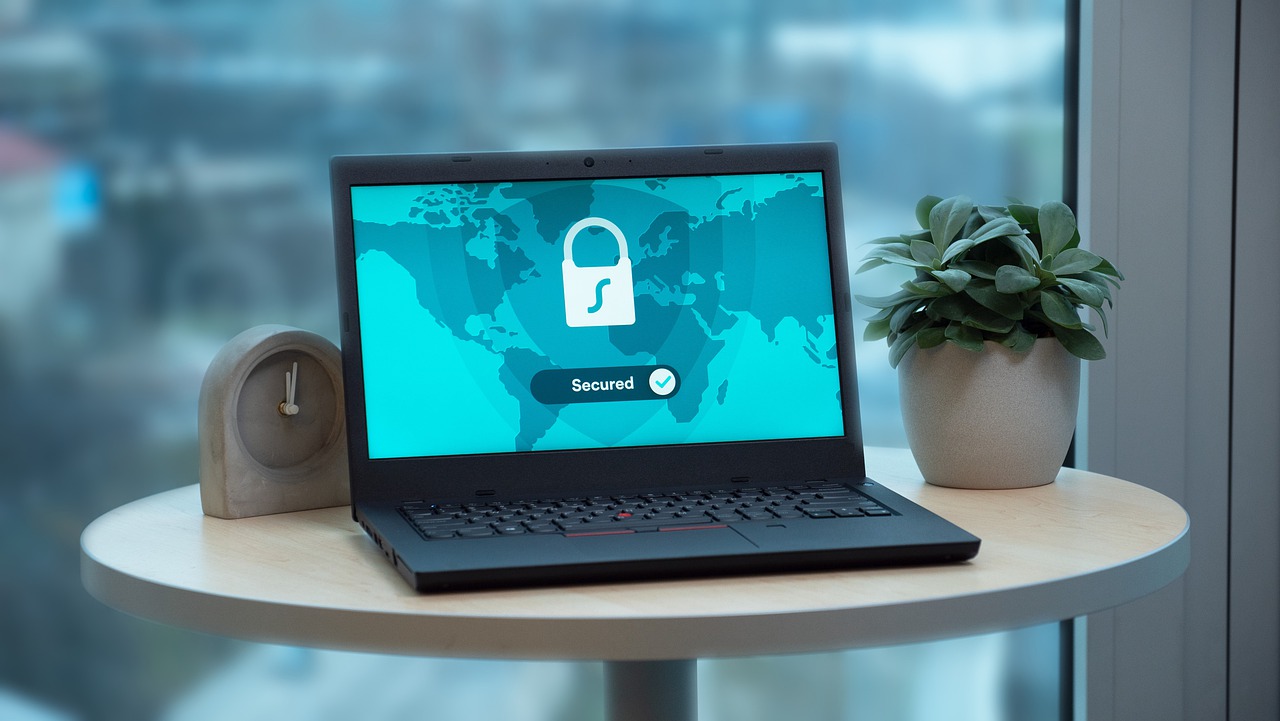In the past few years, VPNs have become a necessity, not just for investigative journalists and other persons of interest but everyone who cares about their privacy and security. So much so that accessing the internet without a VPN is unthinkable for some people.
There are probably hundreds of VPN providers out there. How do you know which one is the best and what is the test criteria?
Testing VPN providers 2020 – The Criteria
Less than a decade ago, a VPN that provided basic encryption for email communication and remote access was good enough. This is why VPNs were exclusively used in the corporate sector and other outliers who needed secure communication and remote access. Fast forward to 2020, and today’s VPN must be capable of so much more to be useful even to ordinary internet users.
With the above in mind, a useful VPN test in 2020 must include the following criteria:
Does the VPN service provide data encryption?
Using a VPN is not just about passing your data through private servers or masking your location. At the very least, a good VPN must provide encryption for all the data that comes to or leaves your devices. This is often put to the test using a simple test with Wireshark or any other network sniffer. If a VPN does not provide encryption even on the free tier, then it is not useful to you.
Also Read – How to Use Wireshark to Capture, Filter and Inspect Packets
Bypassing country blocks and ISP filters
A good number of VPN subscribers are not even interested in the privacy and security it provides. You could also be in this category of users that want to access the internet free of restrictions. Perhaps you want to access a popular streaming service like F1TV or foreign Netflix that is blocked in your country. It could also be that your internet service provider is blocking access to some competing services or filtering your traffic.
All these restrictions can be bypassed if you are able to install a good VPN service. A good VPN is able to either mask your web traffic or connect your device to remote servers that will allow you to access any website or service your you want on the internet. Better yet, the VPN should be capable of both so that it can bypass even stricter controls on your network.
Is your VPN slowing your internet connection?
A few years ago, accessing the internet behind a VPN service meant having to deal with slightly slower connection speeds. This meant that VPNs were mostly used for light tasks such as accessing remote email servers, private communication among other critical services. Today’s VPN services should be able to provide the same or better speeds because you are no longer burdened by unnecessary web filters and protocols.
The biggest test to a modern VPN service is the internet speed it can cope with and how much of a bottleneck it can be for all types of use cases. For instance, it’s expected that gamers, streamers and those downloading heavy files from the internet should be able to enjoy the same speeds even when they are protected behind a VPN service.
How affordable is the VPN service?
VPN services have come a long way and seen a lot of changes in terms of costs in that period. Again, less than a decade ago, running a VPN service on a company network used to cost companies thousands of dollars in monthly charges. Today you can take advantage of the free VPN trial period without a credit card before you even think about paying for it. A good VPN service in 2020 should, therefore, be affordable enough that even ordinary internet users can afford to use it at all times.
Can you connect the VPN to multiple devices?
You probably own a dozen devices in your office or home that are all connected to the internet and need to be protected behind a VPN service. A good VPN shouldn’t force you to open several accounts so that you can connect to each device you may have. One subscription should allow you to connect a few devices so that everyone on your network is safe.
Privacy and security-more than just a VPN
A modern VPN service is more than just a VPN in that it can also act as a wall to prevent third parties who may want to access your data. This includes hackers, data harvesting apps and cookies and any other security and privacy risks targeting your devices. A VPN is your first line of defense against all privacy and security risks.






